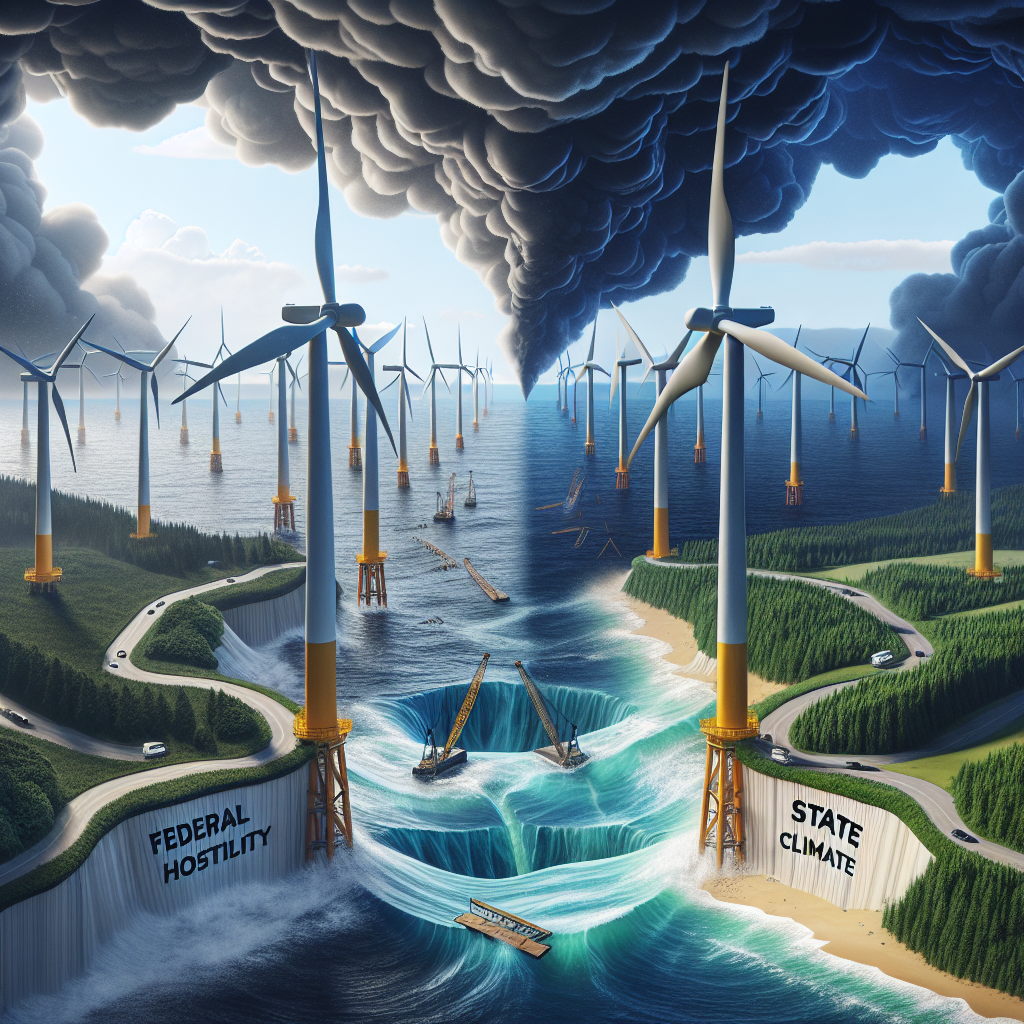.
East Coast states are facing potential setbacks in their plans to transition to cleaner energy through offshore wind projects, as President-elect Donald Trump has expressed opposition to the industry and has promised to end it on his first day in office. This could delay the development of offshore wind farms in states like Connecticut, Maine, Maryland, Massachusetts, New York, North Carolina, Rhode Island, and Virginia, which have passed laws mandating the production of certain amounts of offshore wind power. While some states are continuing to prepare for offshore wind by building out the necessary infrastructure, others may need to consider alternative energy sources, such as onshore wind and solar, to meet their near-term climate goals. The Trump administration could also potentially deny permits, cancel pending leases, and halt further auctions for offshore wind projects, which could have a significant impact on the industry’s financing and development. This could also potentially affect projects that have already been approved and are currently in the process of being built. Overall, the future of offshore wind on the East Coast remains uncertain under the incoming administration.

